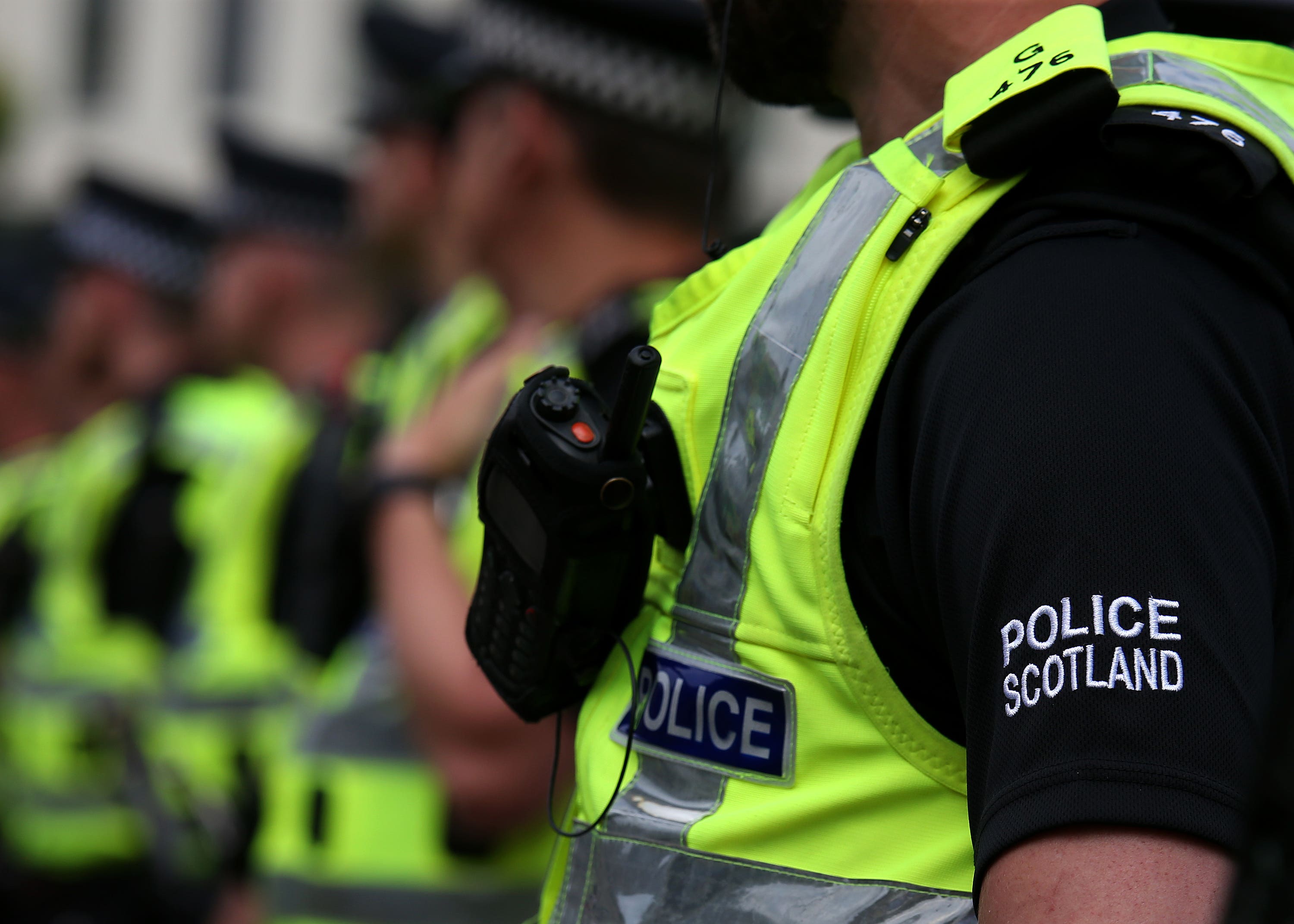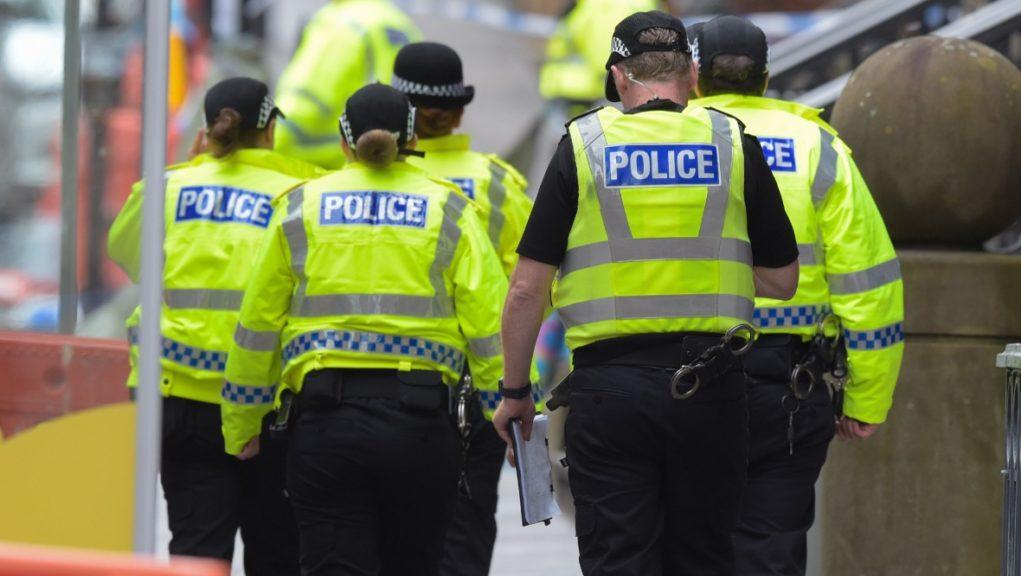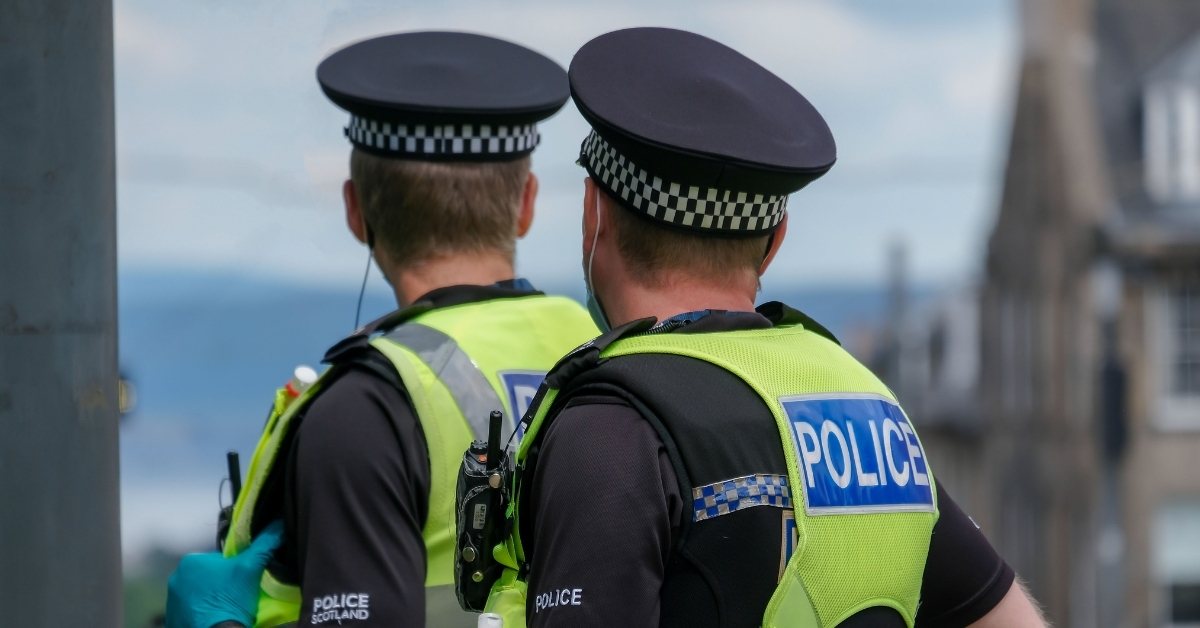Assault-related absences in Police Scotland have soared by more than a third in a year amid a rise in attacks on frontline officers.
Senior and rank-and-file leaders have raised concerns about a pause in safety and other training as the force tries to balance its books.
At the same time, Scotland’s justice and social affairs magazine 1919 reports concerns that the national rollout of body-worn cameras for officers has been delayed.
Chief Constable Jo Farrell announced last year that the force would begin the process of introducing the technology this summer, but this may now be postponed until the end of the year.
As well as helping to de-escalate incidents, bodycams – which are standard equipment in England and Wales – assist with officer safety.
According to a force report submitted to the Scottish Police Authority’s (SPA) people committee, sickness absences due to assault rose by 36.2% between 2022/23 and 2023/24.
Safety training courses were postponed between December and January to deploy staff for frontline duties during the busy Christmas and New Year period.
Between 1,200 and 1,400 did not receive officer safety training for a month, sparking fears of a backlog, potentially increasing the risk of injuries.
 PA Media
PA MediaAssociation of Scottish Police Superintendents (ASPS) president Rob Hay told an SPA hearing: “When you look at the number of assaults that have gone up, and the fact that the likelihood of injury associated with that is more severe, you could directly attribute that to the fact that we chose to pause that training for a month.”
Highlighting the “knock-on training lag,” Hay added: “What we should reflect on is any decision to pause officer safety training is likely to have the effect of officers being assaulted, and those assaults are more likely to result in them being injured.
“And that’s where in future we might want to consider very carefully any decision to potentially pause that essential training.”
Injuries from assault reported in Police Scotland’s health and safety end-of-year report fell to 1,408 in 2023/24.
Bruising and inflammation accounted for nearly half of cases (45%), followed by abrasions and grazes, and cuts and lacerations (both 18%).
Bites accounted for 12%, while incidents of exposure to body fluid — such as officers being spat upon — accounted for 7%.
Separately, the force’s latest workforce annual report reveals there were 5,439 assaults in 2023/24 — up 16.2% from the 4,682 recorded in 2022/23, and a 16.8% increase from the 4,657 assaults in 2021/22.
It also noted increased grievances and stress-related leave, contributing to a total absence cost among officers and staff of £74m in 2023/24.
 SNS Group
SNS GroupDavid Threadgold, chair of the Scottish Police Federation, told 1919: “Police officers should not have to go to work to be assaulted. The minimum that you would expect is for employees to be trained to deal with it.
“There’s no doubt that when body-worn cameras are finally rolled out, we will see a reduction in assaults and officer absences.
“As we become less relevant and less present in our communities, the potential for more serious violence escalates.
“We are becoming a reactive force where more and more frequently the public are only seeing us in situations of conflict.
“It is a bigger-scale example of the breakdown in intelligence gathering and community engagement that results in that level of violence and officers not being properly equipped to deal with it.
“It is crucial that we get back into these communities and start engaging with people so that we are not seen as the bad guy.
“You are never going to take assaults completely out of policing – it is the nature of what we do.
“But we need to improve the support for assaulted officers and ensure facilities are in place to help them return to work quickly.”
Police Scotland awarded a £13.3m contract to deliver 10,500 body-worn cameras over the next three years to Motorola Solutions, which follows a commitment from the Scottish Government.
1919 Magazine today reports that the process of bridging the body-worn video camera technology with existing digital capabilities is the reason behind an anticipated delay in the rollout.
Scottish Conservative justice spokesperson Russell Findlay MSP told 1919: “Scotland’s police officers have been left behind and deprived of this vital protective kit for far too long because of SNP cuts and their neglect of policing.
“The justice secretary must explain any further delays to the long overdue delivery of body-worn cameras.”

A Scottish Government spokesperson said: “The Chief Constable has made very clear that the national introduction of body-worn video is a priority for Police Scotland, and we welcomed the announcement earlier this month that the contract to implement it has been awarded.
“The Chief Constable provided an update to the SPA board on 27 June highlighting the complexity of the project and committing to work at pace with Motorola Solutions to ensure that it is embedded effectively for frontline officers and staff as soon as possible.
“She committed to sharing further details on rollout with the SPA board as progress is made.”
Chief Constable Jo Farrell told the Scottish Police Authority: “We’ve now outlined a national contract to implement body worn video for over 10,000 frontline officers and staff across Scotland, over the next three years.
“Motorola Solutions was awarded the contract on the basis of quality and value for money and a range of technical requirements.
“The new system is anticipated to work smoothly in areas with lower quality network connections, including rural locations, and we are also investing in our network capability to support this.
“Body-worn video can help to de-escalate incidents, improve public trust in policing and reduce complaints, support officer and staff safety, and bring wider benefits to the criminal justice system and I have been clear a national rollout is a priority for me.
“We know there is strong public and partner support for body-worn video in Scotland and we will continue to explain policing’s use of this important technology, including assurance around data privacy and human rights considerations.
“The national rollout of body-worn video is a complex programme of work.
“Appointing a supplier is an important step and we are working with Motorola Solutions to ensure that body-worn video is embedded effectively for frontline officers and staff as soon as possible and we’ll continue to share details as progress is made.”
Follow STV News on WhatsApp
Scan the QR code on your mobile device for all the latest news from around the country


 iStock
iStock

























